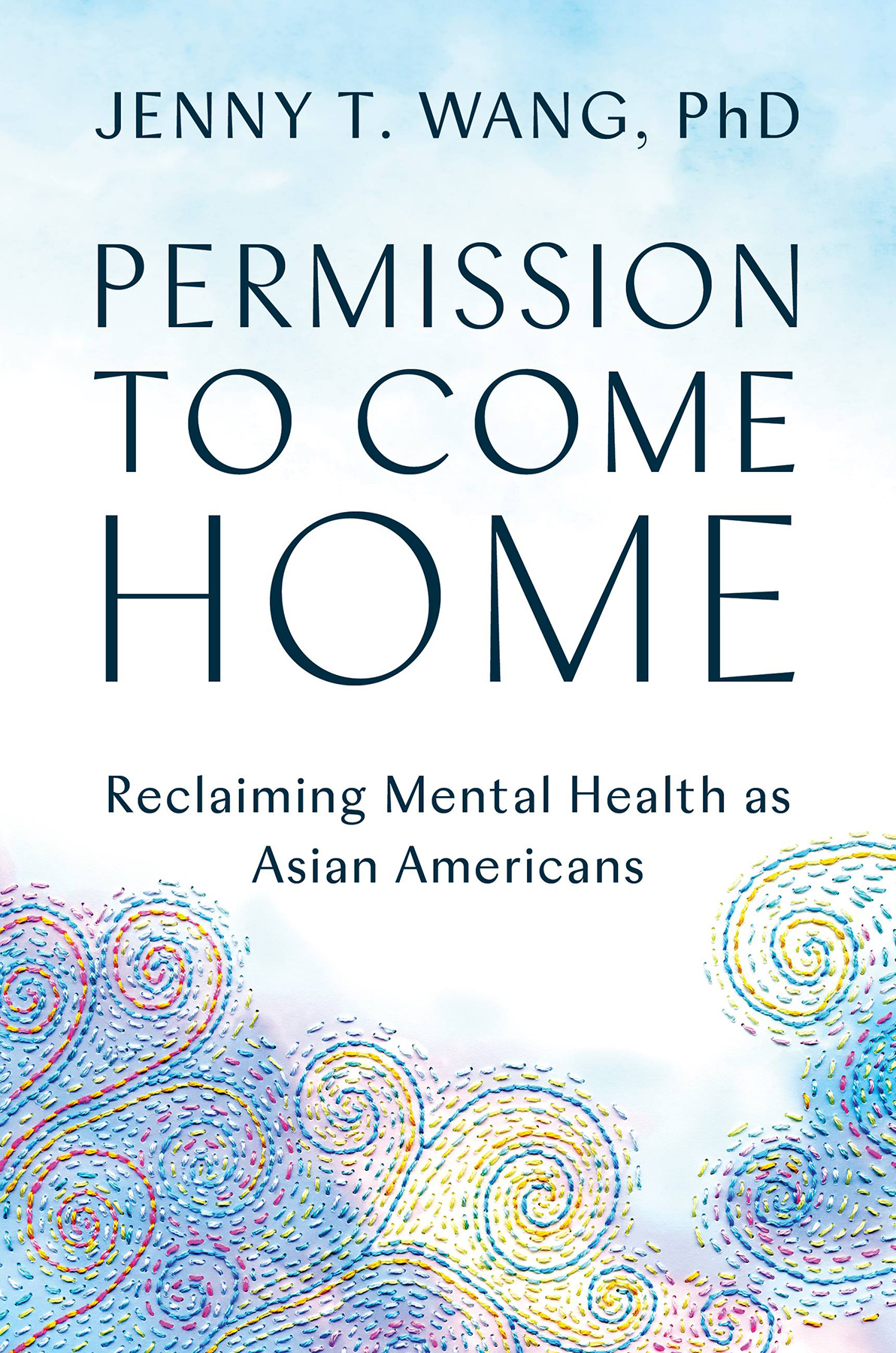
Copyright 2022 Jenny T. Wang
Cover design by Albert Tang. Cover art by Han Cao.
Cover copyright 2022 by Hachette Book Group, Inc.
Reading Group Guide copyright 2022 by Jenny T. Wang and Hachette Book Group, Inc.
Hachette Book Group supports the right to free expression and the value of copyright. The purpose of copyright is to encourage writers and artists to produce the creative works that enrich our culture.
The scanning, uploading, and distribution of this book without permission is a theft of the authors intellectual property. If you would like permission to use material from the book (other than for review purposes), please contact permissions@hbgusa.com. Thank you for your support of the authors rights.
Balance
Hachette Book Group
1290 Avenue of the Americas, New York, NY 10104
gcp-balance.com
twitter.com/gcpbalance
First Edition: May 2022
Balance is an imprint of Grand Central Publishing. The Balance name and logo are trademarks of Hachette Book Group, Inc.
The publisher is not responsible for websites (or their content) that are not owned by the publisher.
The Hachette Speakers Bureau provides a wide range of authors for speaking events. To find out more, go to www.hachettespeakersbureau.com or call (866) 376-6591.
Library of Congress Cataloging-in-Publication Data
Names: Wang, Jenny T., author.
Title: Permission to come home : reclaiming mental health as Asian Americans / Jenny T. Wang, PhD.
Description: First Edition. | New York, NY : Balance, 2022. | Includes bibliographical references. |
Identifiers: LCCN 2021053689 | ISBN 9781538708002 (hardcover) | ISBN 9781538708026 (ebook)
Subjects: LCSH: Asian AmericansMental healthUnited States. | ImmigrantsMental healthUnited States. | MinoritiesMental HealthUnited States. | Self-care, Health.
Classification: LCC RC451.5.A75 W36 2022 | DDC 362.2089/95073dc23/eng/20220107
LC record available at https://lccn.loc.gov/2021053689
ISBNs: 978-1-5387-0800-2 (hardcover); 978-1-5387-0802-6 (ebook)
E3-20220301-JV-NF-ORI
To Evie and Theo: I am a better human because of you both. May you one day pick up this book and embark on this journey too.
To  (Grandpa): I miss you. Thank you for watching over me as I wrote this book. I will see you again soon.
(Grandpa): I miss you. Thank you for watching over me as I wrote this book. I will see you again soon.
People often ask me if I had personal mental health experiences that led to my interest in the field of psychology. Sometimes it feels as though my path would make more sense if a mental health crisis or major trauma had devastated my life, spurring a deep curiosity in suffering and healing. I have no such major event to recount, but rather a long pilgrimage of unlearning and transformation to become a better mother, wife, psychologist, and human being. I have come to realize that mental health permeates the many intimate spaces of our lives. Our suffering and well-being do not exist solely in overcoming major crises or managing diagnoses, but also within the conversations held behind closed doors, in the tears we shed alone in the shower, and in the deep emotions that we cannot ignore despite our best efforts.
The stigma against mental health is not only carried by Asian communities; it is pervasive in most cultures. Often, mental health concerns are attributed to temporary stressors, personality quirks, lack of willpower or strength, or poor life choices. When we admit that we are struggling, as all humans do, we are frequently shamed and told to get over it or just stop thinking about it. The harm that this societal stigma causes to those courageously seeking help is incalculable.
This book is neither a research text nor a prescriptive how-to. It is also not a book describing mental health disorders or how to address them. It is an invitation for you, the reader, to take a journey with me, through the different spaces in your life that might be calling for your attention. To unpack the stories and narratives that might impact us, as members of Asian diasporas and children of immigrants, and that shape our mental health in profound ways. To wade through our painful experiences in order to understand how that pain has shaped us. And finally, to draw you closer to home, a space that perhaps has eluded many of us for a long time. A place of acceptance, belonging, healing, and freedom. What if our community invested in the individual transformation that could give way to communal and collective healing? I eagerly wait for this day, though I know I probably will be long gone when that day comeswhich is why I hope you will join me in this journey of metamorphosis. Because this work of inner healing, relational reconciliation, and identity integration has the power to transform generations after us. I cannot even begin to imagine what is possible if we all committed to healing and prioritizing our mental health as a community.
While this book is written from the lens of experiences impacting Asian diasporas, it is important to mention that Asian Americans and broader Asian diasporic communities are vast and reflect many distinct ethnicities and people groups. It is impossible to fully capture the lived experiences of all Asian diasporas within a single book or even collection of texts. Here I speak from my own experiences, as an East Asian woman with my own privileges and marginalities, and from the shared experiences of my many Asian American clients, who have been shaped into anonymous and fictionalized composites to protect their confidentiality and privacy. Despite the wide range of experiences and stories across Asian diasporas, I do believe some commonalities run across ethnic and cultural lines through our shared experience of immigration to Western culture and some similarities in cultural values. It is these common threads that I share throughout this book, fully acknowledging that not all Asian diasporas will resonate with every example.
In order to write this book, I had to personally embark on the same voyage that I am inviting you into. Each chapter challenged me to question all my assumptions about my life, to upend all the falsehoods that trapped me, and to act in accordance with the values and life that I dreamed of living. This process was painful, stirred up so many of my fears, and forced me to face much of my personal and intergenerational pain, but it also freed me of the spaces that haunted me for most of my life. Please know that this work, identity work, may activate parts of your life that you may have worked hard to protect against and avoid for many years. So be gentle and kind with yourself in the process. I encourage you to draw upon the strength and resilience of your ancestors, supportive friends, family, or a mental health professional, if one is accessible to you, as you begin this difficult, but important work. Keep a notebook or journal nearby to take notes and complete some of the exercises youll find in the book.
In the end, I hope this book is just the beginning for you. A start to new ways of thinking about your life, relating to others, and understanding, in a deep way, how immeasurably valuable you are and how much this world needs you to exist in full, authentic form. My hope is that you will return to chapters of this book in different seasons of your life to help you question, ponder, and explore your innermost needs and remind yourself that you deserve to live a life beyond your wildest dreams. All you need to do is to choose to step off the well-marked path.
Are you ready to join me? Lets get started.


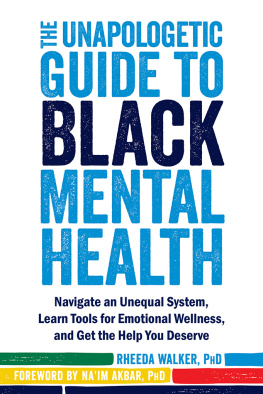
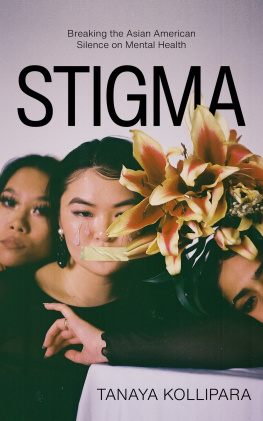
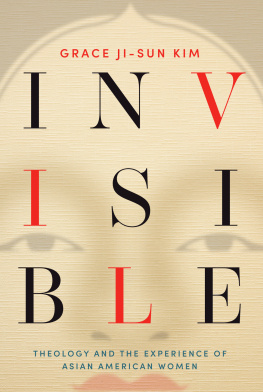

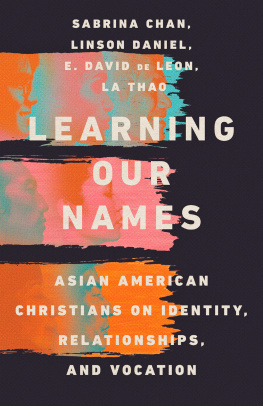
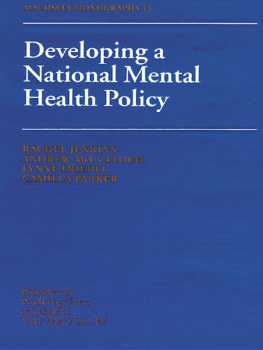


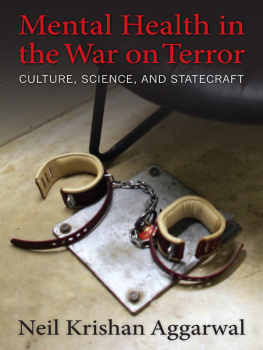

 (Grandpa): I miss you. Thank you for watching over me as I wrote this book. I will see you again soon.
(Grandpa): I miss you. Thank you for watching over me as I wrote this book. I will see you again soon.